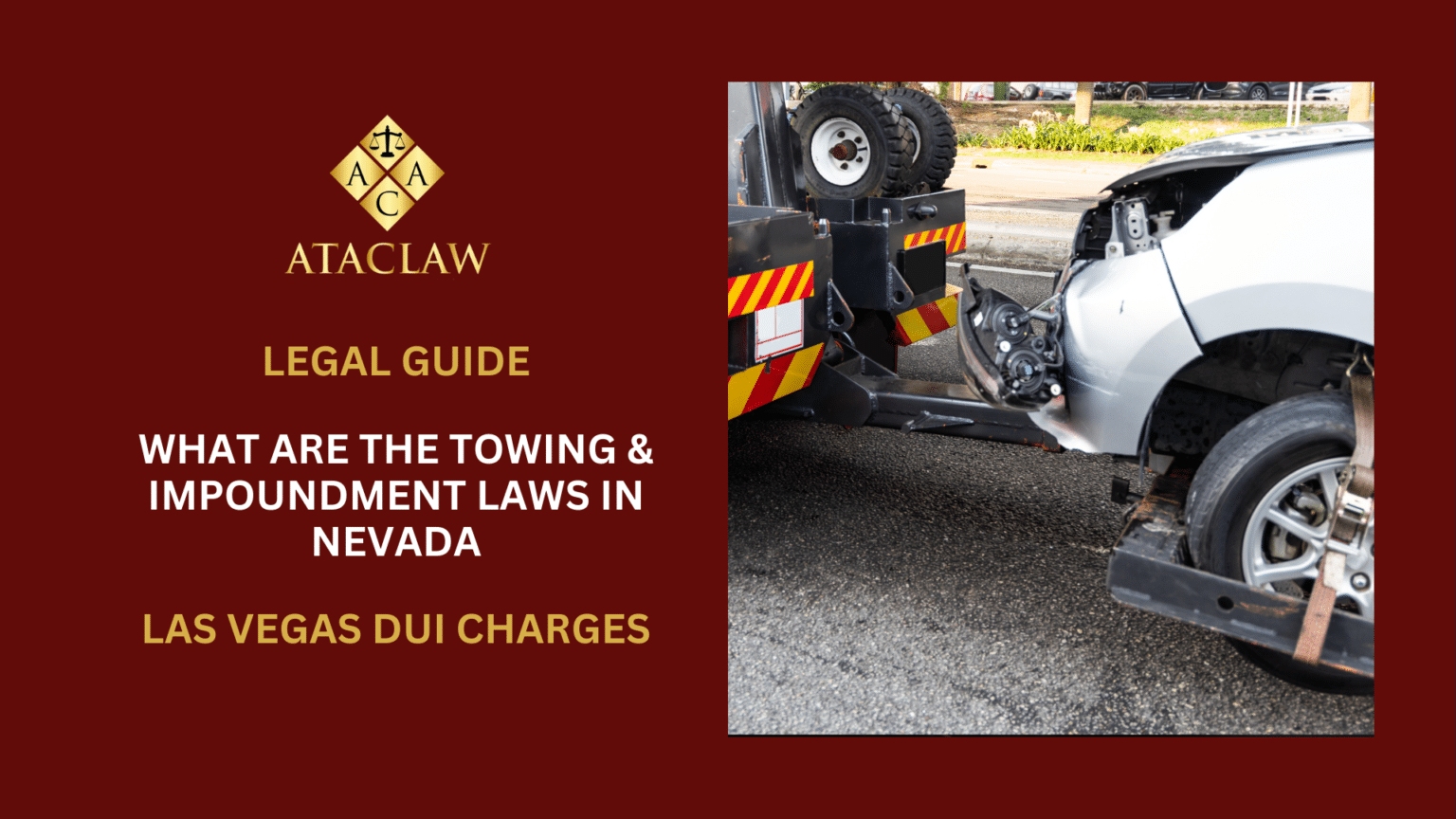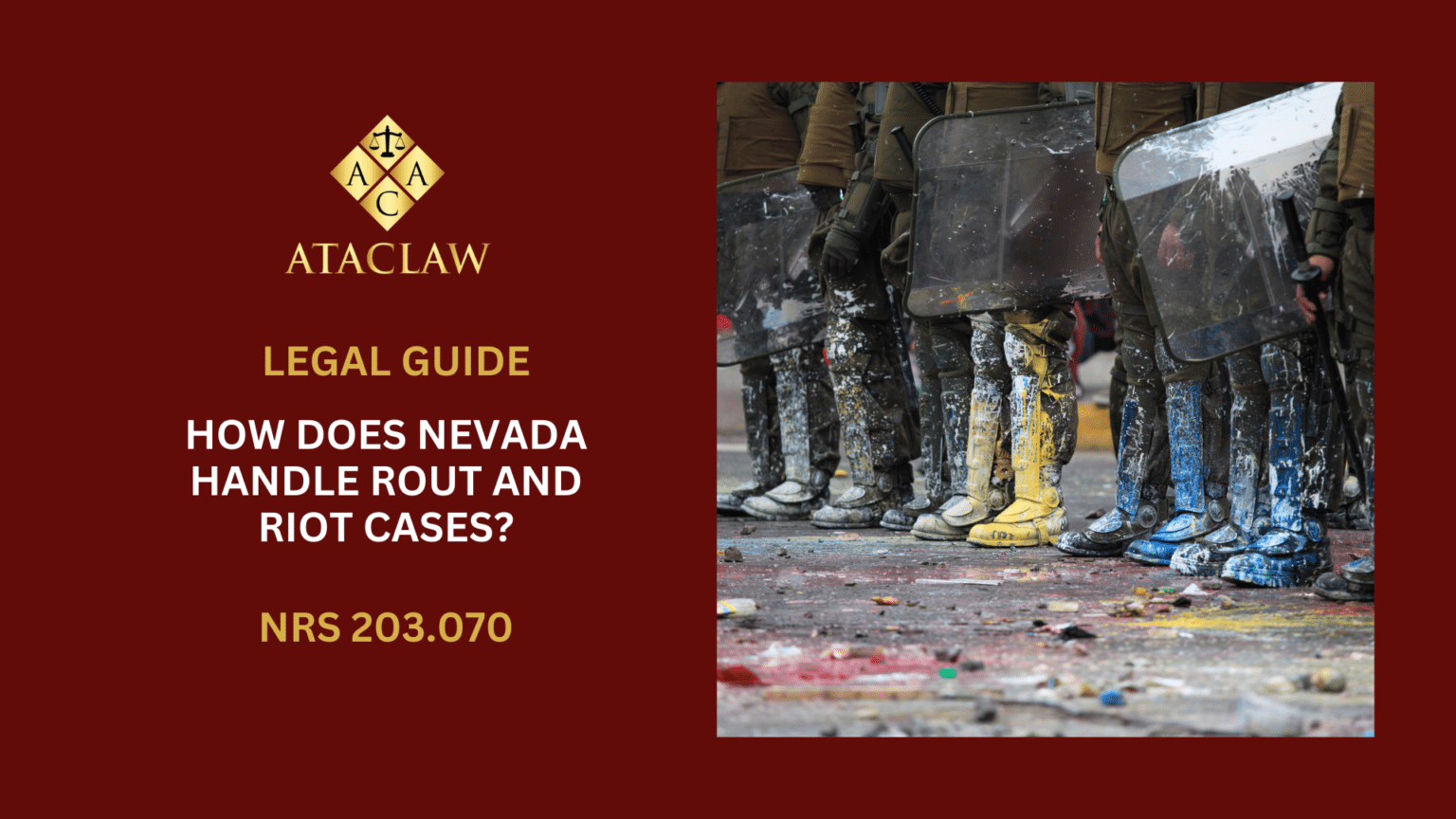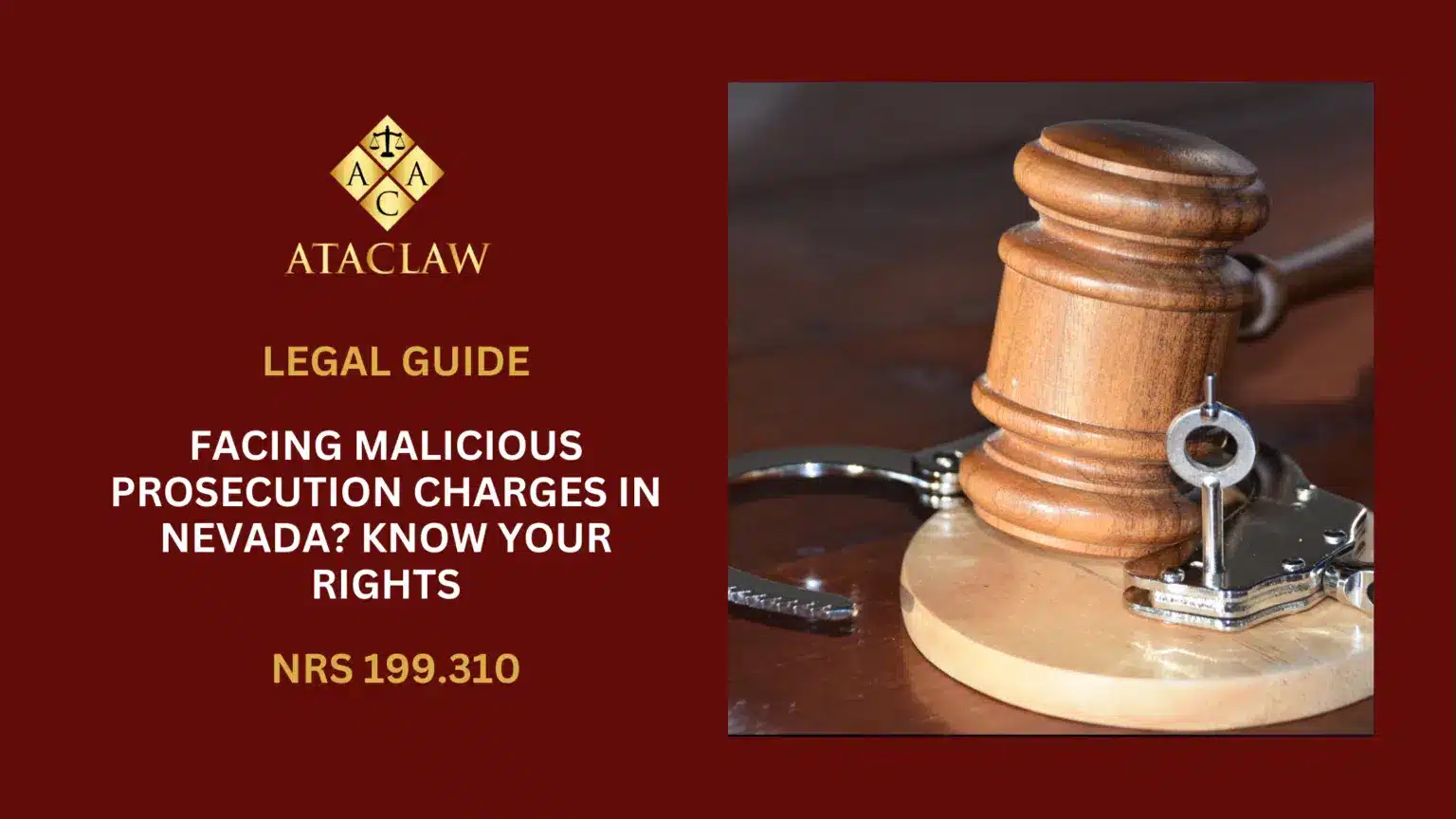Under Nevada law, specifically NRS 200.366, “date rape” is treated with the same severity as standard sexual assault, potentially leading to a lifelong prison sentence for the convicted. The law clearly states it is unlawful for an individual to engage in sexual penetration against another person’s will or without their ability to resist or comprehend the situation due to mental or physical incapacity.
Can You Be Charged with Date Rape in Nevada Even If You Know the Person?
In Nevada, the term ‘date rape’ encompasses situations akin to what’s legally categorized as sexual assault. What sets ‘date rape’ apart is the nature of the relationship between the involved parties; it specifically refers to sexual assaults occurring between individuals who have a pre-existing relationship, such as being significant others, friends, or acquaintances.
What Constitutes Date Rape?
Imagine a situation where individuals are engaging in what begins as consensual interaction, such as kissing or other forms of affection. If one party then forces sexual intercourse on the other against their will, this constitutes date rape. Similar incidents where one individual incapacitates another using substances like Rohypnol, commonly known as “roofies,” and then engages in sexual acts while the victim is unconscious and incapable of resisting, also fall under the umbrella of date rape.
These scenarios underscore the critical aspect of consent and the violation thereof, which is at the heart of what defines date rape in Nevada’s legal framework.
The Importance of Understanding Consent
The crux of the matter lies in understanding and respecting consent. Even if there is a prior relationship or initial consent to certain activities, consent can be withdrawn at any time. The law is clear; forcing sexual activities after consent has been withdrawn or engaging in sexual acts with someone who is incapacitated and thus unable to give consent, is illegal.
The implications of a date rape charge are severe, with potential legal consequences including significant jail time and mandatory registration as a sex offender. These penalties highlight the gravity with which Nevada views such crimes, emphasizing the importance of consent and the protection of individual rights. For individuals facing allegations of date rape, it is imperative to seek competent legal counsel promptly. Providers of specialized defense services, such as those offered by our experienced legal firm, are essential in navigating the complexities of these cases. Representation by knowledgeable legal professionals can ensure the rights of the accused are protected while meticulously examining the facts surrounding the accusation.
What Are the Legal Repercussions of Date Rape in Nevada?
In Nevada, individuals convicted of date rape face severe legal consequences under category A felony charges. The ramifications extend beyond incarceration, often mandating registration with the Nevada sex offender registry. The severity and specifics of the sentence levied against the convicted party are determined by several critical factors:
1. Impact of the Victim’s Age
The age of the victim plays a pivotal role in the sentencing process. The law particularly scrutinizes the vulnerability of underage victims, thus imposing stricter penalties when the victim is younger.
2. Presence of Substantial Bodily Harm
Depending on whether the date rape incident resulted in significant bodily harm to the victim, as detailed in NRS 0.060, the court adjusts the sentence to reflect the severity of the injury caused.
3. Accused’s Prior Criminal Record
An examination of the accused’s criminal history is integral to the decision-making process, with repeat offenders of sexual crimes facing the harshest penalties.
With or without the occurrence of substantial bodily harm, convicted individuals are subject to life-long supervision under NRS 176.0931. However, the possibility of relief from lifetime supervision can emerge after a decade, subject to specific conditions and court approval.
When Bodily Harm is a Factor:
Offenders may face a sentence of life imprisonment without parole. Exceptions are made for victims aged sixteen and above; the possibility of parole may then arise after 15 years of incarceration.
When Bodily Harm is Not a Factor:
The court may sanction life imprisonment with potential parole. The minimum time requirement before parole eligibility varies based on the victim’s age:
- For victims aged sixteen or above, parole consideration comes after ten years.
- For victims aged fourteen or fifteen, parole becomes possible after twenty-five years.
- For victims aged thirteen or under, parole eligibility is deferred until after thirty-five years.
For Repeat Offenders:
Should the individual have a prior sexual assault conviction, or if the offense involved a child, subsequent sexual assault convictions, especially against children under sixteen, are likely to result in life imprisonment without parole.
Is There a Defense Against Date Rape Allegations in Nevada?
In the complex legal landscape of Nevada, especially within Clark County, defending against date rape allegations requires a nuanced understanding and strategic approach. Date rape, a severe charge, often presents significant challenges for prosecutors to prove beyond a reasonable doubt. Here, we delve into several defense strategies that could potentially be employed to counteract allegations of date rape.
1. Challenging False Accusations
It’s recognized within the legal system that accusations of date rape can, in some instances, stem from ulterior motives such as revenge or anger, particularly in the context of strained relationships. A defense strategy could involve demonstrating the insufficiency of proof or highlighting potential biases and motivations for lying on the part of the accuser. If a defense attorney can successfully question the credibility of the accuser and the evidence, there’s a possibility that the case may be dismissed.
2. Asserting Consent
Consent is a cornerstone of sexual assault cases. The law states that an individual cannot be convicted of date rape if the other party had given clear consent to the sexual act. If the prosecution is unable to establish that the act was against the will of the “victim” or that the accused should have recognized the incapacity of the “victim” to give consent, the case against the accused might falter.
3. Disputing the Nature of the Sexual Activity
Nevada’s date rape statutes specifically address non-consensual sexual penetration. They do not cover other forms of sexual contact such as groping. If a defense attorney can prove that the encounter did not involve penetration, the charges could potentially be reduced from sexual assault to a lesser offense, such as open and gross lewdness (under NRS 201.210).
It’s important to note that having sexual intercourse with an individual who is too incapacitated, whether through voluntary or involuntary intoxication, to resist or understand the nature of the act is generally not defensible in cases of date rape. The law holds individuals accountable if they knew or should have known about the victim’s incapacitated state.
What Are the Consequences of Statutory Sexual Seduction in Nevada?
In Nevada, it’s important to understand the legalities surrounding age and consent, especially when it involves individuals close in age. According to NRS 200.364, the legal age of consent is set at 16 years old. This legislation becomes particularly relevant in relationships or encounters where an adult, aged 18 years or older, engages in consensual sexual activities with a teenager who is either 14 or 15 years old and is at minimum, four years younger than the adult. Under these specific conditions, charges of statutory sexual seduction under NRS 200.368 may be applied by state law.
The consequences for statutory sexual seduction vary significantly based on the age of the individual accused. For those who are 21 years of age or older and found guilty, the law categorizes their actions as a category B felony. This serious classification results in potentially harsh penalties, including imprisonment ranging from one to ten years and even the possibility of facing fines up to $10,000.
On the other hand, if the person found guilty is under the age of 21, the legal system treats the offense differently, classing it as a gross misdemeanor. This level of offense carries with it a lighter sentence, which may include up to 364 days in jail and/or fines reaching $2,000.
Can Date Rape Charges Be Reduced Through Plea Bargains?
In certain situations, the District Attorneys (D.A.s) might agree to reduce date rape allegations to less severe charges like battery, as outlined in NRS 200.481, through the use of plea agreements. One of the most significant benefits of negotiating a plea to a battery charge is that it is classified as a misdemeanor in Nevada. This reclassification to a lesser charge comes with more lenient sentencing, and in most cases, eliminates the requirement for the accused to register as a sex offender.
The law in Nevada treats date rape with the seriousness it warrants, given the violation of personal autonomy and consent it entails. Understanding the definition and legal implications of date rape is crucial, whether one is seeking to navigate the legal system or aiming to foster a culture of consent and respect in interpersonal relationships.
For anyone facing charges or seeking more information on the topic, reaching out to legal professionals experienced in handling such sensitive cases is advisable. Legal firms are equipped to provide guidance, ensuring that all parties involved receive due process and that the intricacies of each unique situation are thoroughly evaluated.
For further legal assistance and to discuss your case with an expert, don’t hesitate to contact ATAC LAW.




